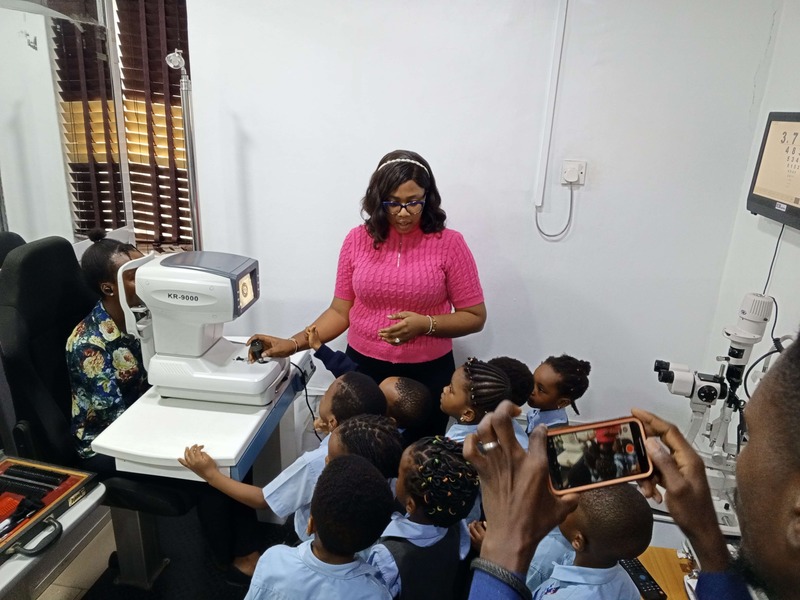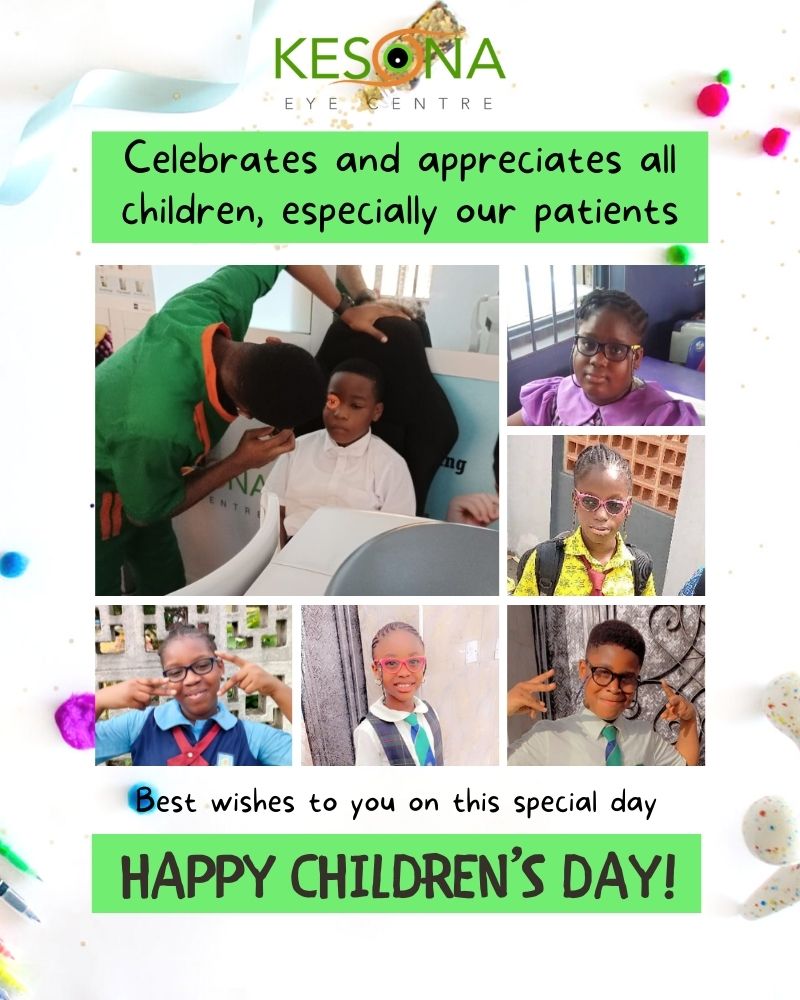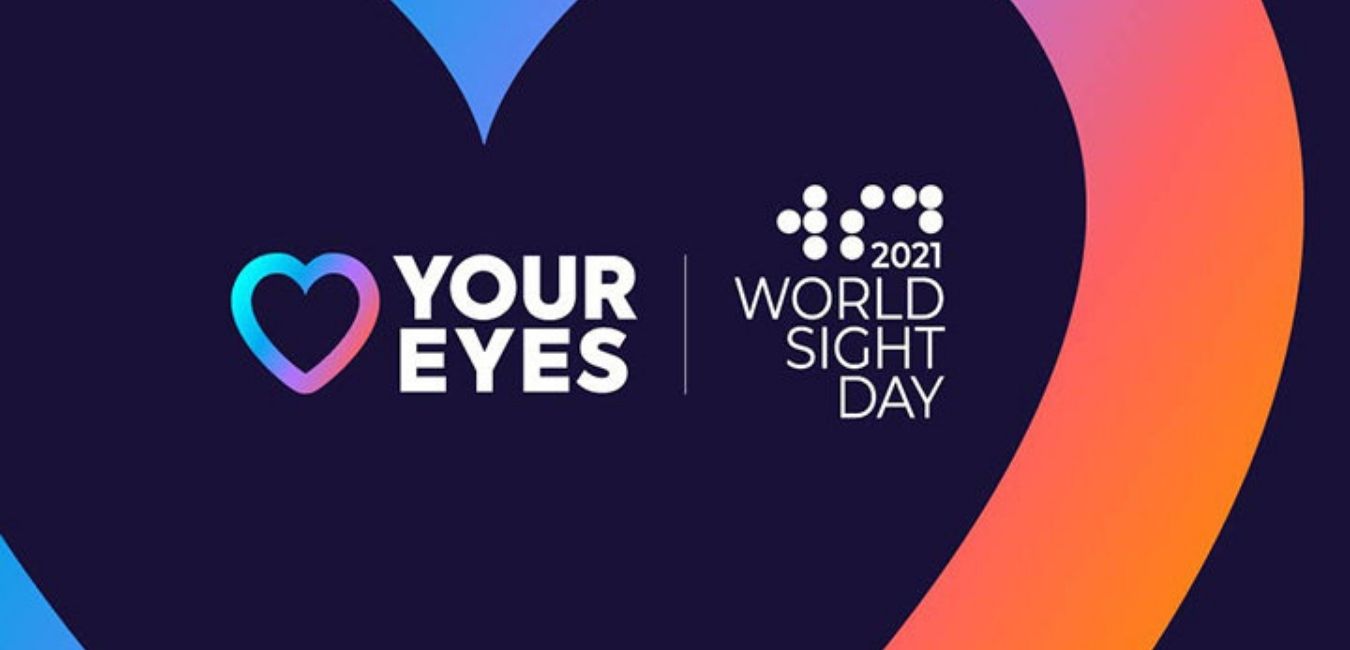Dr Rose Azuike
Today being World Glaucoma Day, I want to draw your attention to two open secrets to preventing vision loss for people who have glaucoma. However, I will start with my story on glaucoma.
Sometime in 2017, I was busy doing my job as a public health specialist in a non-governmental organization when I developed very uncomfortable eye symptoms. Prior to that time, I had been away from the clinic setting for a while and hadn’t done an eye check in about 4-5 years. So, I decided to go for a comprehensive eye check.
During the eye check, it was discovered that my symptoms were due to digital eye strain. But, the doctor made another discovery that changed the trajectory of my life. She observed that I had clinical features of glaucoma and recommended a visual field test immediately. The test result came out positive for glaucoma, and I was emotionally devastated.
I started treatment, but I kept feeling uncomfortable inside of me. I remember trying to estimate my visual field on my own using crude methods. Each time I did that, it didn’t seem like I had lost any vision. So, I had doubts about the diagnosis.
Three months later, I decided to consult another doctor. I did all the tests I had done before. The doctor confirmed that my optic nerve looked abnormal, but my visual field test result came out okay this time. It turned out that I had a false positive result the first time. I believe doing that test with eye discomfort that day may have negatively influenced my response to the test.
Since I also had a family history of glaucoma, the doctor recommended the OCT test. I did that, and the result was good. Without any evidence of damage to my vision, the eye doctor concluded that I was only a glaucoma suspect. I remember jumping for joy and thanking God that my vision was intact. I felt like I had been given a second chance.
It has been four years now. Thankfully, my vision has remained the same, but I didn’t stay the same.
I decided to take my health seriously. One wrong assumption people often have about doctors is that they naturally take care of their health. That is not true. Healthy living is not inherited or acquired through study. It is a lifestyle you develop when you intentionally and consistently practice healthy habits and that is what I started doing.
I started doing my eye check regularly. I also improved my diet and started exercising consistently with the hope of keeping my optic nerve healthy. So far, so good. My vision has not worsened, and I dropped two dress sizes in the process.
That experience also inspired my journey back to eye care practice and changed the way I manage patients. I do not just look at the physical or focus on what happens at the clinic alone. A lot goes on in the mind of patients who are diagnosed with sight-threatening and incurable diseases. I experienced a bit of it for about three months. If not handled properly, patients, including those that get early diagnoses could end up with avoidable vision loss. For that reason, I try to apply a holistic approach, and I take self-management support seriously.
So, here are the two open secrets to preventing vision loss for people who have glaucoma;
1- It all starts in the mind
You may have heard that success starts with the mind on some other issues like career or business. Well, it is also true for glaucoma treatment. Your mind needs to be in the right state to absorb all the information you need, process it, and make the right decisions concerning your care.
After diagnosis, there is a tendency to become overwhelmed with emotions that could make you act irrationally. I see this more in young patients. In my case, I was in my early thirties then, and I felt the following:
- Fear – I was afraid that I would go blind. Thinking about it now, I am surprised that I was afraid because I already knew that people could maintain good vision for years with good eye care. But, I was still scared.
- Guilt – I felt guilty for not checking my eyes all those years. I started blaming myself.
- Anxiety – I began to worry about what I would do if I lost my vision.
- Doubt – At some point, I started doubting the initial diagnosis because it didn’t seem to match my observations.
These feelings are normal but should not last long, or else they will affect how you manage your condition and could also impact your wellbeing. For instance, there have been cases of people going into denial and ignoring their diagnosis, only to show up when the disease worsened. Some have been so depressed that they developed other health problems. So, it is necessary to deal with these emotions as soon as possible and handle the condition rationally.
Here are some tips on how to deal with these emotions.
- For fear, learn more about glaucoma. Understand that as long as you follow treatment, the risk of going completely blind is low. If like me, you already know but are still afraid, seek validation for what you already know. You can read more or talk with your doctor.
- If in doubt, get a second opinion. Being in doubt can affect your treatment. You really cannot put your best into something you do not believe exists. Besides, a second opinion can also disprove a diagnosis, just like it happened in my case. So feel free to seek a second or third opinion from qualified professionals.
- For guilt and anxiety, remember that nothing can change the past, and we do not add anything to our lives by worrying. If you cannot get over this on your own, speak with someone (family, friend, or professional) who would help you feel better.
2- Diagnosis is just the beginning
Accurate diagnosis and great treatment plans are useless if patients are unable to manage their conditions. Patients must be willing to take charge of their eye health and adhere to treatment to maintain good vision. Eye doctors can provide support to encourage patients to follow their treatment plans.
General tips that can help you manage glaucoma better
- Learn and understand glaucoma. The more informed you are, the more you can make sound decisions concerning your eye care.
- Ask questions. Never be ashamed to ask about what you do not know or understand. As a patient, you have a right to know your diagnosis, the name of the medications prescribed, and how they will help your condition.
- Reach a mutual agreement with your eye doctor concerning your care. It will be difficult to get the best out of your visit to your eye doctor if you both cannot agree.
- Be consistent with your treatment. This is very important because skipping your medications increases the risk of vision loss.
- If you have challenges with your treatment or your eye condition worsens, contact your doctor as soon as possible.
Ways your eye doctor can help
- Apart from diagnosing your condition and providing treatment, your doctor can;
- Explain glaucoma to you in a way you will understand.
- Give clear instructions/guides that will help you use your medications properly. We also practice how to apply eye drops at the clinic.
- Send appointment reminders.
- Keep you engaged through relevant emails, messages, or other channels that work for their practice.
While many glaucoma awareness promotions rightly encourage early diagnosis through regular eye checks, preventing vision loss from the disease goes beyond diagnosis.
Without appropriate care and treatment, early diagnosis becomes useless. Also, in treating glaucoma, there is a need to pay attention to one’s mental health because, in reality, the success of treatment starts with the mind.


